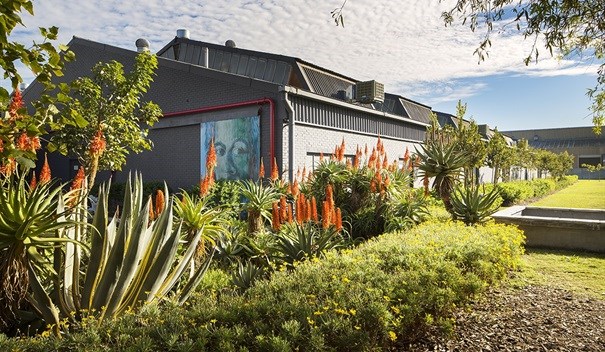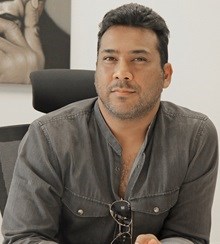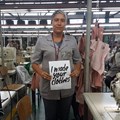TCI Apparel unveils sustainable design centre
Trade Call Investments (TCI) Apparel opened its new design centre in Epping, Cape Town on 9 June 2017. With industry-leading, conscious fashion the new centre is set to be a prime example of how sustainable fashion can also be a sustainable business.

Using industry practices to lower its carbon footprint, the building will be a production centre for local retailers such as Woolworths, Truworths, Edcon Group and Queenspark, as well as international retailers such as Top Shop, River Island, Superdry and Urban Outfitters.
Upending fast fashion
The production of fast fashion is highly detrimental to our environment; fashion is the second largest polluting industry in the world. TCI Apparel has made it their mission to maintain the high production volumes while vastly decreasing the harmful effects thereof. The cotton required to make a simple t-shirt requires thousands of litres of water to produce. The cotton is then processed into fabric before being shipped halfway around the world to be cut and assembled. This t-shirt is then exported thousands of kilometres to reach stores. This convoluted process creates massive amounts of carbon dioxide due to transport which is incredibly bad for the environment.

Herman Pillay
“This process is destroying our planet and promoting unethical trade which is brought about by cost-reducing suppliers that disregard their environmental impact to turn a profit. This is not sustainable and threatens our very survival. Consumers are becoming more conscious of where and how their clothes are being made and this trend has now grown exponentially,” says CEO of TCI Apparel, Herman Pillay.
The company is upending this process, as a response to consumer concerns, with its new design centre. This is achieved through lessening local retailers’ dependency on international suppliers and lowering the carbon footprint of their operations through innovative green practices while also creating opportunities for South African designers, seamstresses, artisans and factory workers.
Reducing carbon emissions
“The garment industry has, in recent years, been one of the largest contributors to global carbon emissions. For this reason, we found it to be important to reduce the environmental impact of our operations - from operations and processes to architecture and furniture choices,” says Pillay. “We are delighted that we are able to position South Africa as a leader in green manufacturing.”
Sustainability and sensitivity to the environment formed part of the design ethos from the beginning. The Design Centre is environmentally sensitive through green building practices, including:
• Use of eco vinyl tiles
• LED lighting
• Solar power
• Indoor plants
• Strategically tinted windows, which retains heat in winter and expels it in summer
• Environmentally sensitive ceiling boards
• Living walls
• Vegetable garden utilised by the canteen providing meals for employees
• Furniture is locally produced and made of recycled plastic, wood and steel, thereby supporting local industry as well as greatly lowering the carbon footprint
• Utilising borehole water for ablutions and redirecting rainwater that would otherwise have gone unused into 40,000 litre storage tanks, TCI Apparel is saving municipal water and cutting the costs of producing some of the world's top brands without cannibalising quality

Collaborative creation
TCI Apparel has been able to provide thousands with employment and job security. This is a boon, given the current economic climate and is largely due to its close working relationship with its customers. As opposed to buyers coming in and merely selecting items or sending a prototype to be replicated for mass production, the company aims to work closer together from the design phase to collaborate in product development.
Pillay adds, “We pride ourselves on the relationships we hold with our customers, creating garments alongside them, as opposed to just selling to them ensures they always get precisely what their consumers want.
“With advocacy for sustainable fashion and the goal of securing jobs in the local sector, we have created a world-class clothing and textile value chain within Africa. I feel that, as business owners and entrepreneurs, if we put our focus on our homeland and our own people the results will be a sustainable and stable economy. We need to be doing more to empower and improve our society,” concludes Pillay.
